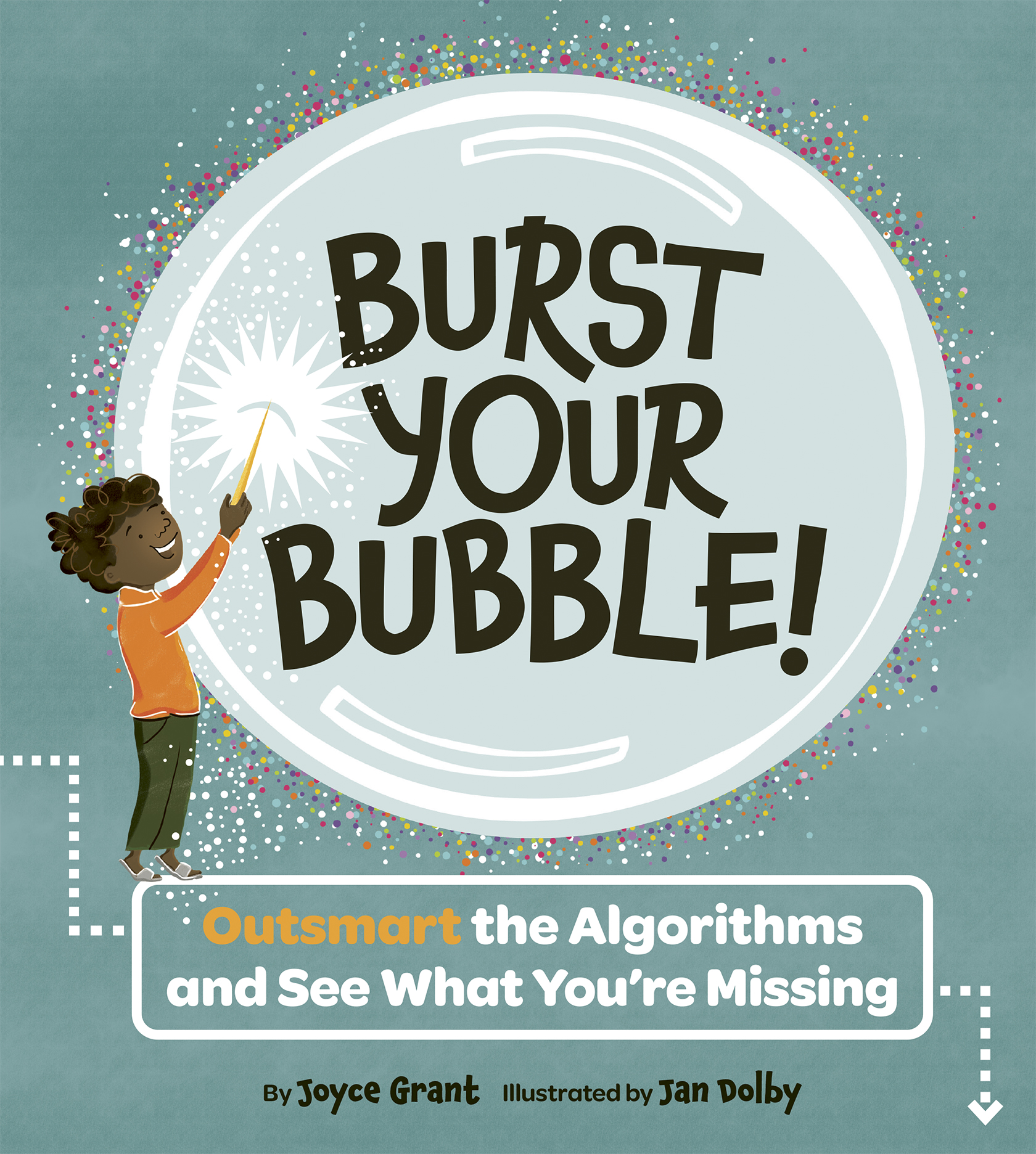 This is an historic time in Canadian politics.
This is an historic time in Canadian politics.
Last week, Prime Minister Stephen Harper announced the government’s budget. A “budget” is a list of how the government will spend the country’s money. It’s an important document because it outlines all of the things the government will do for the people in the country.
All of the political parties voted on whether or not they accepted the budget. The Conservatives (Stephen Harper’s party), the Liberals, the New Democratic Party (NDP) and the Bloc Quebecois (BQ) all voted.
Most of the Liberals, NDP and BQ voted against the budget, so the budget was not passed. That’s when things got really interesting.
When a government’s budget is not passed, it is said that they “do not have the confidence of the people.”
A government is supposed to represent the people in a country, but in this case, the people did not support the budget – the list of things the government intends to do for the people.
If a government does not have the confidence of the people, it cannot govern.
Therefore, on Friday, Canada’s government fell to a “vote of non-confidence.”
The people of Canada will have to elect a new government. The election will be May 2. This will be Canada’s fourth national election in seven years.
There are many other issues
In politics, almost nothing is ever straightforward. Yes, the government’s budget was struck down when people voted against it. But was that vote really about the budget? In truth, the Conservatives have fewer people than the total of the Liberals, NDP and BQ combined. It’s likely that the three parties (Liberals, NDP and BQ) simply wanted the Conservatives to fall—they wanted an election. So they waited until there was a budget and, whether they agreed with the budget or not, they voted against it. That may be one reason this happened. Another reason is that they may truly not have agreed with the budget.
In any case, the non-confidence vote worked, and the Conservatives were forced out of power.
It is rare for a government to be voted out on a vote of non-confidence. That makes the upcoming election very special.
Most things in politics are complicated, with many sides to every issue. One reason for that is that every party has its own likes and dislikes. Each party sees things differently. Politics can be fascinating, but in order to understand what is happening, you should read as much about the upcoming election as possible, and listen to the news about it on the radio or TV. Ask your parents to explain what is happening. TKN will be following the election as it unfolds. You are invited to discuss the election—or any current events—on TKN’s Facebook page.
CURRICULUM CONNECTIONS
Writing/Discussion Prompt
Canadians are going to vote for a new government on May 2. Leading up to the elections, each party will focus on certain issues, including education, healthcare, the environment etc. Which issues are most important to you?
Reading Prompt
As the article explained, politics is often very complicated. This article contains a lot of information about the budget and the upcoming election. Read the article carefully and make point-form notes highlighting the most important information.
Junior
demonstrate understanding of a variety of texts by summarizing important ideas and citing supporting details (OME, Reading: 1.4)
Grammar Feature: ‘A’ and ‘An’
The article before a noun is often ‘a’ or ‘an.’
For example: I went to a store to buy tape or I ate an apple.
We often use ‘a’ before a consonant and ‘an’ before a vowel.
This rule is broken in this article in the first sentence: “This is an historic time in Canadian politics.” This is actually a controversial grammar point. Some people think that it should be ‘a historic’ because ‘historic’ begins with a consonant. Other people think it should be ‘an historic’ because sometimes words that begin with ‘h’ are preceded by the article ‘an,’ (for instance, when the h is pronounced, as in historic.) Confusing, isn’t it? Nobody can seem to agree.
Find all of the sentences in the article that use the article ‘a’ or ‘an.’ Notice if they are used before a vowel or a consonant.







